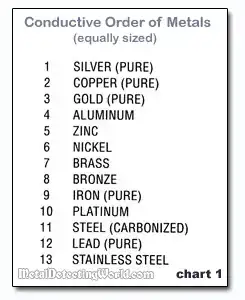I've become interested in sci-fi / science-fantasy / weird Westerns.
Building upon what I asked here I would like to be more specific and ask if there's scientifically sound ways to explain why a human society's (as in a colony) state of technology might be locked to say 1870s North America.
Background
The sci-fi Westerns that I know are the first book in the "Dark Tower" series by Stephen King and the TV series "Westworld". The former doesn't bother to explain why people use old tech in a world where more advanced societies using more advanced tech have existed beyond that they perished somehow. There's magic present here. The latter takes the approach of a Western styled theme park with androids for NPCs in what is essentially a LARPG and is scientifically accurate with no magic present.
Two possible explanations
I see two ways. One is simpler and presents an easy answer, one more complex because science plays a role. The latter I'm seeking an answer for.
As pointed out in the link above they might simply be forced by another group of people on or off the planet they inhabit to use old tech such as to keep them enslaved. The question that immediately comes to mind would be: Why force them to use 1870s tech and not say 1500s tech? A simple answer might be: For the captor's enjoyment. Same as people in Westworld pay to enter the theme park to experience the Old West (safely), the captors might treat the captive's day-to-day struggles like a reality TV show filmed by advanced drones and such.
The other and the one I'm more interested in would be that the planet's chemical composition prohibits them from evolving beyond America's state of technology of the 1870s. Say due to technological issues they can't use the technology that got them to the planet and that started the colony using frozen embryos and artificial wombs. The knowledge transfer using computers brought on the ship or capsule failed (e.g. due to them breaking) and after a couple hundred years given a colony of a big enough size they arrive at the state of technology of the 1870s. This leads to the
Question
Is there scientific reasons why they might not be able to progress from there? Is a planet scientifically possible that will be habitable and enable 1870s state of technology but which prohibits humans to progress from there due to its chemical composition?
A semi-rational scientific explanation would be just fine. I'm not sure if the Second Industrial Revolution that began in the last third of the 1800s was based on natural resources different from the ones used in the early to mid 1800s. If they are not, a scientific explanation might not exist and I would have to "go back in time" within the 1783-1920 period of the Old West myth.
I like both concepts for my world-building purposes but I'm just curious if there might be a scientific explanation that removes the need for a "prison-theory".
